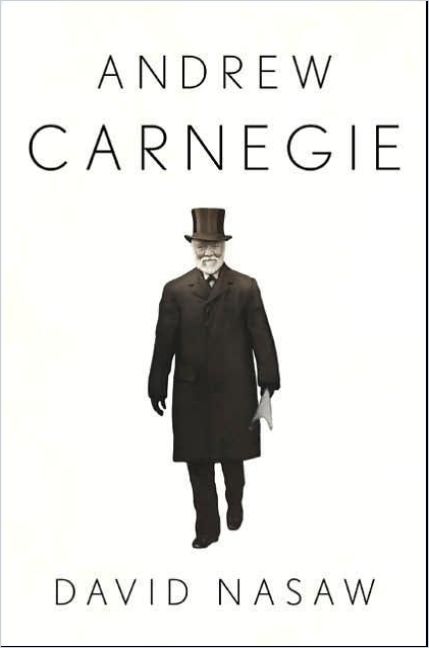

Americans, he remarked to his cousin, “were the saddest-looking race … Life is so terribly earnest here. It sapped the creativity the man of business required to move forward. Moral: Don’t worry yourself over work, hold yourself in reserve, and sure as fate, ‘it will all come right in the wash.’” The American penchant for delaying gratification, for putting off retirement, for working ceaselessly, for refusing or canceling or postponing or cutting short vacations was, the Scottish-born Carnegie believed, monstrously self-defeating. “Your always-busy man accomplishes little ” Carnegie wrote in 1883, “the great doer is he who has plenty of leisure. Their work required imagination, thought, calculation.


Manually laboring drudges might work long hours without sacrificing productivity, but businessman could not. The successful man of business was not a wage slave, paid by the hour or the day or the task, and he should not behave as if he were. For Andrew Carnegie, at one point the world’s richest man, and many of his robber baron colleagues of the Gilded Age a century ago, diligence, perseverance, and industry were virtues to be preached-not practiced. Historically, there is something quite curious about the all-encompassing work ethic of many of today’s masters of the universe.


 0 kommentar(er)
0 kommentar(er)
